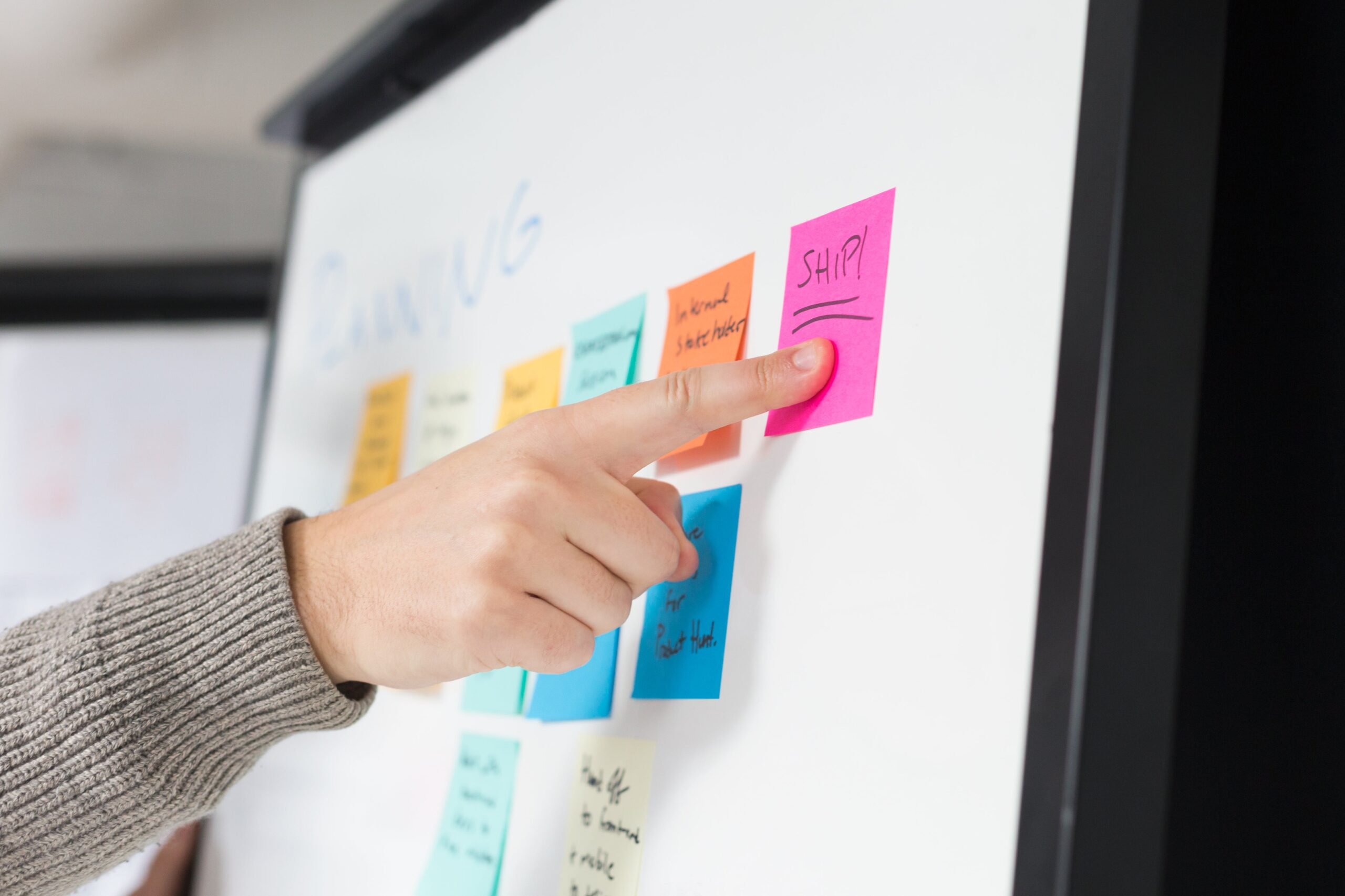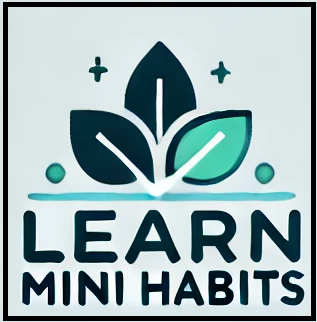When setting out to master a new skill or change our habits, it’s tempting to aim high and dive in with ambitious plans. However, this often leads to overwhelm and early abandonment of our goals. What if, instead, we started small and built momentum gradually?

Understanding Mini Habits
Mini habits involve making tiny, almost effortless changes to your daily routine. These small steps, when practiced consistently, can lead to substantial behavioral shifts over time.
The term “mini habits” was coined by Stephen Guise in his book Mini Habits: Smaller Habits, Bigger Results. Guise explains that starting with a small, manageable action significantly increases the likelihood of sustaining and expanding the habit. Similarly, B.J. Fogg’s Tiny Habits emphasizes the power of small changes in creating lasting habits.
Why Mini Habits Are Effective for Skill Mastery ?
Learning a new skill is a common aspiration, especially at the start of a new year. However, the sheer scale of some learning goals can be intimidating, leading to procrastination and burnout. By adopting mini habits, you can lower the entry barrier to learning, making it easier to get started and keep going.
Charles Duhigg, in The Power of Habit, highlights the concept of keystone habits—small changes that trigger positive ripple effects in other areas of life. Self-directed learning is one such keystone habit, as it can significantly impact your personal and professional growth.

Steps to Implement Mini Habits for Learning
1 . Start Small –
The essence of mini habits is starting small. Break down your learning goal into the simplest, most actionable step. For example, if you want to learn a new language, commit to learning one new word daily.
2 . Focus on One Skill at a Time –
Attempting to master multiple skills simultaneously can dilute your efforts. Concentrate on one skill to deepen your understanding and achieve mastery faster.
3 . Set Clear, Achievable Goals –
Define specific and time-bound goals to guide your learning journey. SMART goals (Specific, Measurable, Achievable, Relevant, Time-bound) help keep you on track and motivated.
4 . Identify Your Optimal Learning Time –
Schedule your mini habit during a time when you are most alert and capable of focus. Early mornings are often ideal, as your brain is fresh and less likely to be distracted.
5 . Minimize Distractions –
Create a conducive environment for learning by eliminating distractions. This could involve silencing notifications, creating a dedicated study space, or using tools to block distractions.
6 . Employ Habit Stacking –
Attach your new mini habit to an existing routine to increase its likelihood of sticking. For instance, if you brush your teeth every morning, follow it with five minutes of language practice.
7 . Leverage Microlearning –
Microlearning involves engaging with brief, focused learning sessions. This approach fits seamlessly into busy schedules and helps maintain consistent progress.
8 . Reward Your Progress –
Positive reinforcement can boost your motivation. Celebrate small victories by treating yourself after completing your mini habit, whether it’s a small snack or a few minutes of your favorite activity.
9 . Incorporate Regular Revision –
Revisiting what you’ve learned helps solidify it in your memory. Use spaced repetition techniques to review material periodically, ensuring long-term retention.
10 . Practice Deliberately –
Active practice reinforces your learning. Go beyond passive review by applying your knowledge in practical scenarios, such as teaching someone else or working on small projects.
Tracking and Monitoring Progress
Tracking your habits helps maintain accountability and visualize your progress. Whether you use a simple paper chart, a bullet journal, or a digital habit tracker, recording your mini habits can keep you motivated and on course.

Examples of Learning Through Mini Habits
Learning a New Language: Commit to learning three new words daily.
Improving Writing Skills: Write 50 words each day to gradually enhance your writing proficiency.
Programming: Study or write a small code snippet daily to build coding skills incrementally.
Playing a Musical Instrument: Dedicate five minutes each day to practice.
Enhancing Creativity: Jot down one new idea every day to stimulate creative thinking.
Understanding Digital Marketing: Spend five minutes daily on a microlearning session related to digital marketing.
Developing Soft Skills: Identify and act on one networking opportunity each day.
Meditation: Practice mindfulness for five minutes daily to reduce stress and improve focus.
Building Resilient Habits
Over time, your mini habit will evolve into a robust, automatic behavior. The day you perform your habit without conscious effort is when it truly becomes a part of your lifestyle.
Starting small today can lead to significant achievements tomorrow. Have you planned your mini habit yet?

